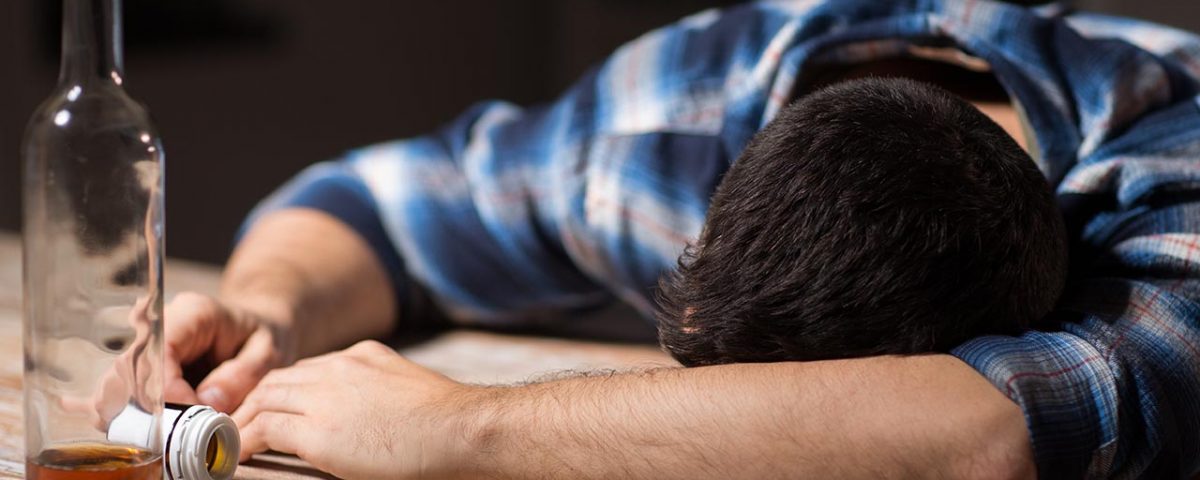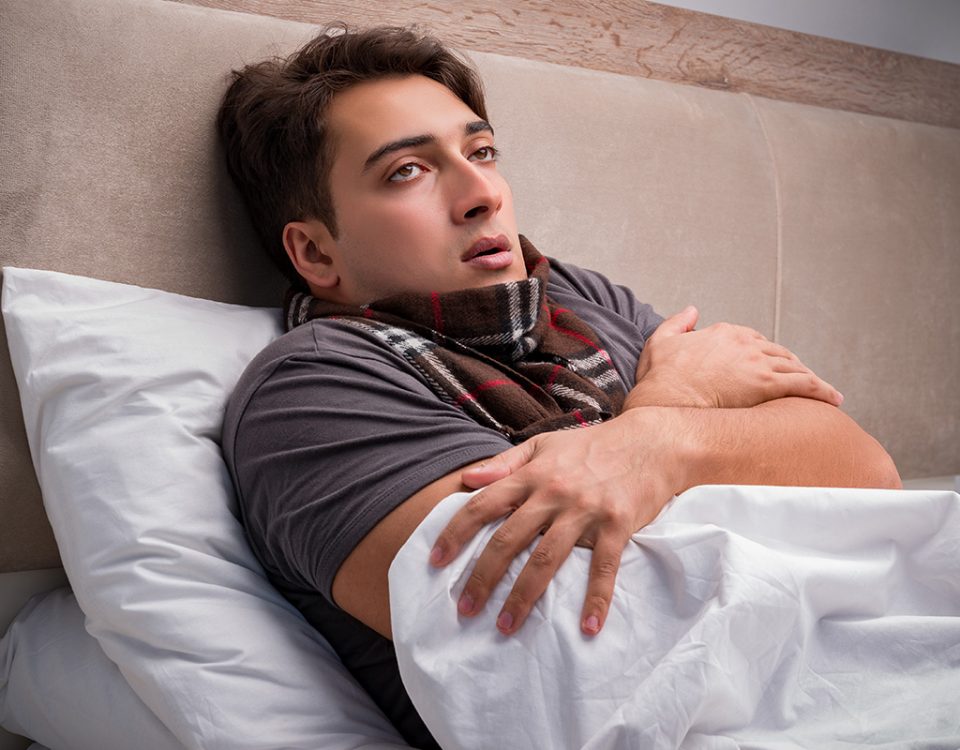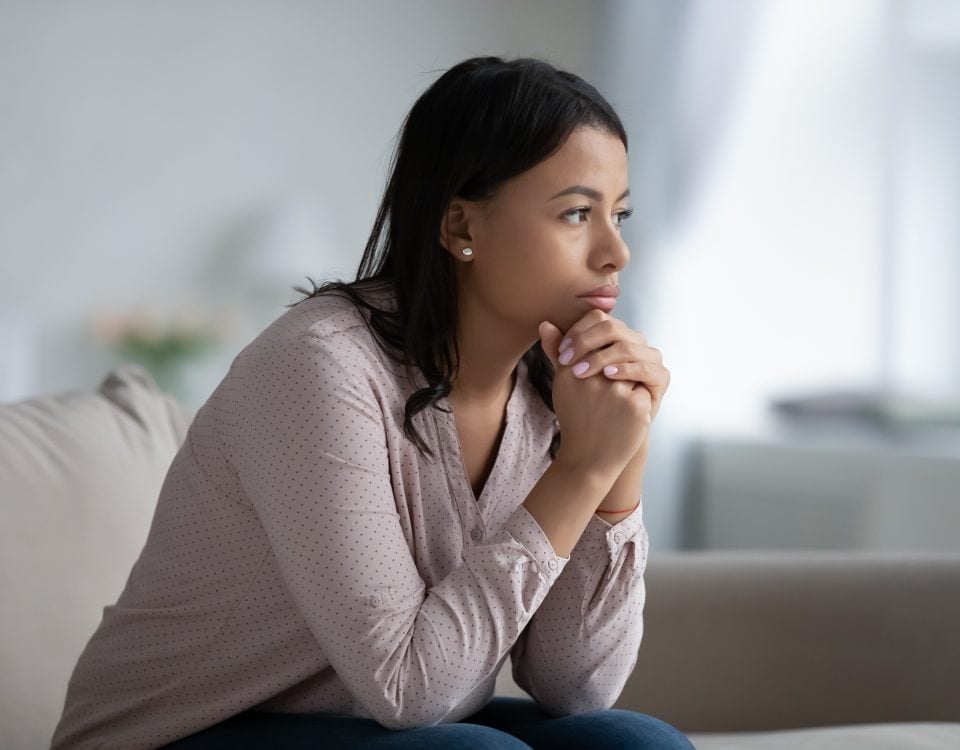Prescription drugs may easily turn into addictive substances that often come with an abundance of side effects. While it is easy to believe that any serious side effects from the drug will not happen to you, the reality is that if you combine the prescription drug with other substances, the chances of something going wrong increase. Instead of ignoring the fine print, it is important to be cautious of these warnings. Benzodiazepines may be fine on their own, but mixed with alcohol, they can become problematic. Below, Banyan explains the dangers of mixing benzos and alcohol.
What Are Benzodiazepines?
Benzodiazepines, or benzos, are medications typically prescribed to treat ailments like anxiety or insomnia. Some common benzos include Xanax, Valium, Klonopin, Restoril, and Ativan. Benzodiazepines are depressants that produce sedation and hypnosis, relieving muscle spasms and reducing seizure symptoms. Legally, these medications are only meant to be prescribed, but many people will purchase these drugs off the street. Common street names for the drugs are “benzos” or “downers.” Alprazolam and clonazepam are the two most frequently encountered benzodiazepines on the illicit market. Unfortunately, some people abuse these medications. The result could be an addiction that requires benzo detox and treatment, as well as some dangerous health implications.
The Problems With Mixing Alcohol and Benzos
What happens when you mix benzodiazepines and alcohol? Many people who abuse these drugs may be unaware of the dangers associated with mixing the two substances or not understand the severity of this combination. While ignorance is temporarily blissful, it is best not to ignore the warnings. Benzos are dangerous when abused and adding the additional prospect of alcohol on top of that just spells trouble.
Since benzodiazepines and alcohol are depressants, which slow down the central nervous system and the body’s organs, the combination may lead to severe health risks. Alone, benzodiazepines can cause lethargy, drowsiness, memory impairment, mental confusion, and depression. Mixing benzos and alcohol increases the intensity of the depressant effects and causes other problems, including:
- Memory loss
- Poor coordination
- Mood swings
- Severe depression
- Increased possibility of accidents
- Intense nausea
- Unconsciousness
- Organ failure
- Coma
- Death
Unfortunately, up to 95% percent of patients admitted to a drug and alcohol rehab for benzos are also found to abuse another drug, and about 25% of the time, this drug is alcohol. In fact, one study found that those in the study who qualified as having unhealthy alcohol use were 15% more likely to use benzos than moderate drinkers or those who do not drink at all. For alcoholics who have yet to detox from alcohol and get sober, benzodiazepines can be especially hazardous.
Benzodiazepines Overdose Symptoms
When an individual mixes benzos and alcohol, the risk of an overdose significantly rises and may endanger the person’s life. High doses of the drug can cause extreme drowsiness and slow reflexes, mood swings, and erratic behavior. Not only is the level of dosage or being mixed with another substance matter but also if an individual has a co-occurring disorder present and how that person ingested the drug. Some signs of benzodiazepine overdose include:
- Slurred speech
- Altered mental status
- Uncoordinated movement
- Tremors
- Difficulty breathing
- Blue in the fingernails or lips
Helpful Tips for Addressing a Person’s Benzo and/or Drinking Problem
- Though you can be part of the solution, you cannot save the alcoholic or drug abuser, as they must save themselves. The disease of alcoholism does not make sense, and you cannot rationalize it or reason with it. The user must WANT to get sober, and only professional addiction treatment can help. There are ways to taper off alcohol and benzos, but it is highly recommended that a medical professional helps with the detoxification and stabilization process.
- Seek the support of others going through the same thing with their family. Join Al-Anon family groups, which are open meetings in every county across the country. The organization was founded by Lois Wilson, wife of Alcoholics Anonymous co-founder Bill Wilson, and it offers a refuge for those who have been impacted by chronic drinkers. Al-Anon members are people, just like you, who are worried about someone with a drinking or narcotic problem. Visit al-anon.org to find a group near you.
- Do not, under any circumstance short of life-threatening scenarios (primarily a hospital stay for something serious), give or lend money to an alcoholic or drug user. This is commonly referred to as enablement. By providing money, which even includes money for bail, rent, or child support, you prevent alcohol and drug abusers from hitting rock bottom, which they need to experience to make a fundamental change.
- Be as genuine as possible and let them know you are there for them. Practicing empathy is crucial. It can help with the intense isolation that many addicted individuals will experience. It is important to remain calm even if he or she is difficult to deal with. Let them know how you address your own problems in healthy ways and that there are better ways to cope with stress and life problems.
- If drinking or continued benzo use escalates to the point of concern for his or her life, and the user remains resistant to treatment, engage the services of a qualified interventionist. At Banyan, we work with dozens of experienced and caring Interventionists who are licensed and trained to intervene and work with both the families and the users.
Drug and Alcohol Detox in Stuart
At Banyan’s Stuart, Florida, rehab, our highly professional team of specialists and licensed counselors will provide unique therapeutic methods, assisted medical detox, and specialized programs to safely get you or a loved one through withdrawals. We want to see you on the road to recovery, and we even offer outreach after treatment.
Addiction is hard, but realizing the problem is truly the first step to getting a productive life back. Please call our Florida treatment center today so we can answer any questions or provide you with more specific information. Do not wait to get started!
Take the first step to getting clean with our Stuart, Florida, Banyan Treatment Center. To get more details on our programs, reach out to us immediately by calling 888-280-4763 and finding out what services are right for you!
Related Reading:
Effects of Wellbutrin and Alcohol Use









